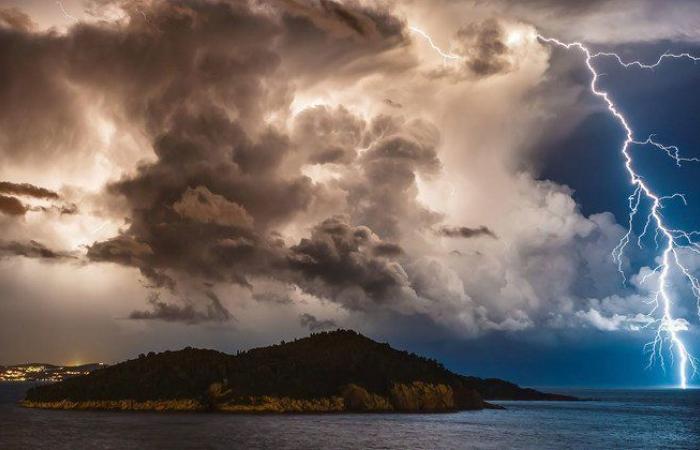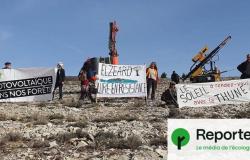The United Nations weather agency highlights the importance of early warning systems around the world and reducing greenhouse gas emissions responsible for climate change.
“The floods we are seeing in Spain are just one of many extreme weather and hydrological disasters that have occurred around the world this year. Almost every week we see such shocking images,” WMO spokeswoman Clare Nullis told reporters in Geneva.
Lives lost as rains continue
More than 150 people have been killed in Spain, where a massive search and rescue operation is underway as rains continue.
The Valencia region was the hardest hit, and “some areas received more than a year's worth of rainfall in the space of eight hours.”
The Spanish Meteorological and Hydrological Service, AEMET, issued constant advisories and alerts throughout the week via the Common Alert Protocol, she said, referring to the standardized message format for all media, all dangers and all communication channels.
A red alert – the highest level – was issued on Friday in the southwestern province of Huelva, “so, unfortunately, this episode is not over yet.”
Extreme weather conditions on the rise
Ms Nullis recalled that other regions of Europe have been seriously affected by flooding this year. In mid-September, parts of Central Europe experienced very heavy rainfall, breaking local and national records.
“Extreme weather events causing large-scale floods and droughts have become more likely and more severe due to anthropogenic climate change, according to the Intergovernmental Panel on Climate Change,” he said. she declared.
She referred to the recently published WMO report on the state of global water resources. At the time, the agency's director, Celeste Saulo, stressed that the hydrological cycle had accelerated due to rising temperatures.
As a result, the world faces growing problems of either overabundance or underabundance of water. Additionally, a warmer atmosphere retains more moisture, which encourages heavy precipitation.
Ms Nullis said this is what is happening in Spain.
“As the air warms, it becomes more humid. So each additional fraction of warming increases atmospheric moisture content, which increases the risk of extreme precipitation and flooding,” she explained.
The world must act now
Asked what steps could be taken to avoid the devastation caused in Spain and elsewhere, Nullis said the international community “can make a good start by reducing the greenhouse gas emissions that cause of this phenomenon.
Countries must also “ensure that early warnings lead to rapid and informed action.”
WMO will release its latest report on the state of the global climate at the COP29 UN Climate Change Conference in Azerbaijan later this month. The report will provide more details on extreme events occurring around the world over the past year.






